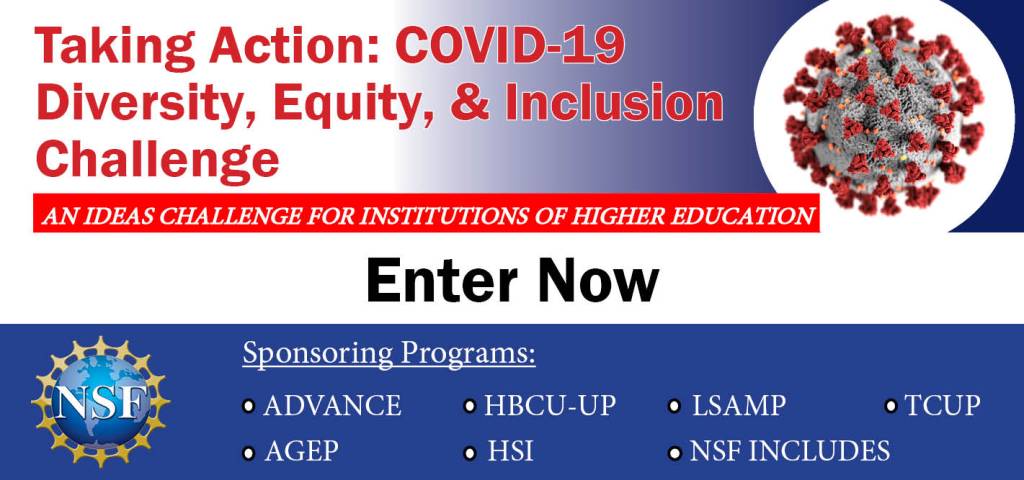Building off a successful DCL issued last year, we are pleased to announce the new Leading Cultural Change Through Professional Societies of Biology (BIO-LEAPS) solicitation.
The program aims to advance diversity, equity, and inclusion (DEI) in biology at scale through culture change by leveraging the leadership, broad reach, and unique ability of professional societies. Professional societies are uniquely positioned to help facilitate culture change in their disciplines through: publishing journals, fostering scientific discussion and debate, broad membership (including membership from academia, government agencies, and private businesses), hosting large scientific meetings that can serve as networking and professional development opportunities for people at many professional levels, and electing leaders that greatly influence views and norms within a discipline.
As we recognize that disciplines and societies may be at different points in assessing and addressing their culture, the program has three tracks — Evaluation, Design and Plan, and Implementation. The Evaluation Track is for projects focused on assessment and research of the values, norms, priorities, and practices associated with the culture of the discipline or sub-discipline. The Design Track is for projects to develop an evidence-based plan to address broad-scale culture change within a discipline or sub-discipline. The Implementation Track is for projects to implement evidence-based cultural change strategies that leverage the influence of biological professional societies.
Proposals are due on July 1, 2022.
For further explanation of the tracks, complete submission requirements, and additional information, please see the BIO-LEAPS program page and solicitation 22-542. You can also contact the working group at BIO-LEAPS@nsf.gov.
Two webinars (March 21, 2022 from 2-3 EST and April 22, 2022 from 3-4 EST) are being planned to provide the community the opportunity to learn more about the program and ask questions of cognizant program officers. Please monitor the BIO-LEAPS program page for registration links.


